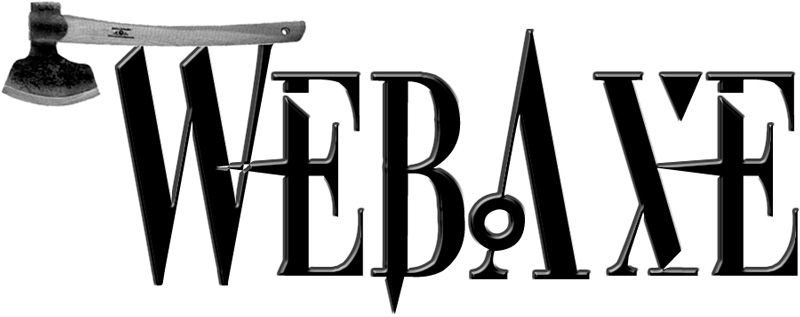Why the Title tag is so important for Accessibility as well as SEO and usability.
- screenreader/text browsers
- visual anchor
- bookmarking
- printing
- SEO
- search results
- tip: use character encoding for special chars
- tip: use “>” or “:” to separate sections
Download Web Axe Episode 21 (Title Tag)
Related links:
- Constructing meaningful page titles
- The Usable Page Title
- W3C Quality Assurance
- Building the Perfect Page
- 7.4.2 The TITLE element
